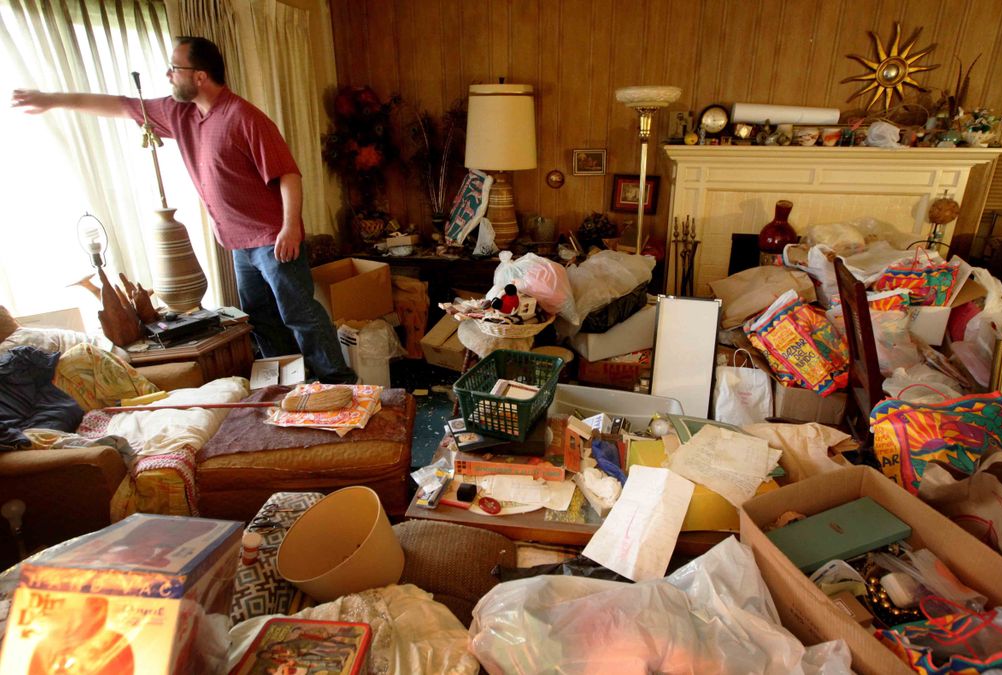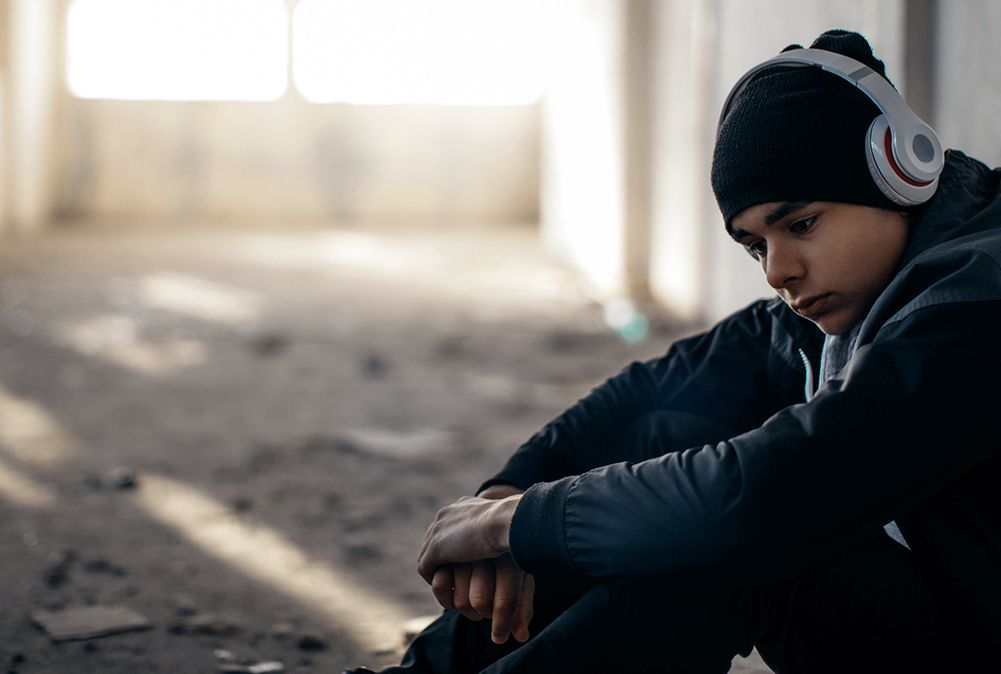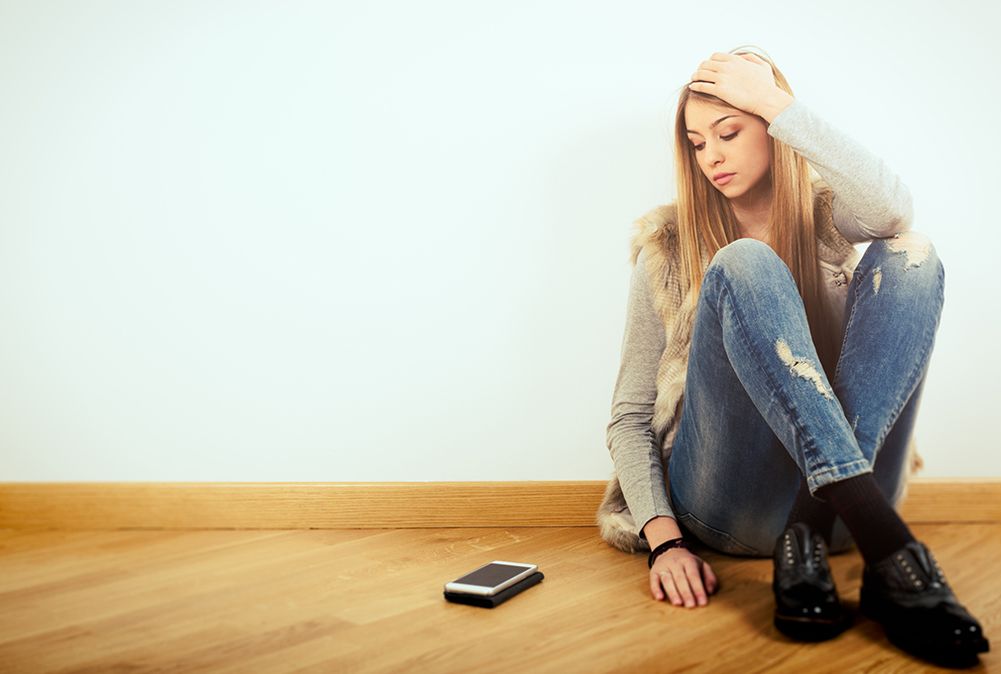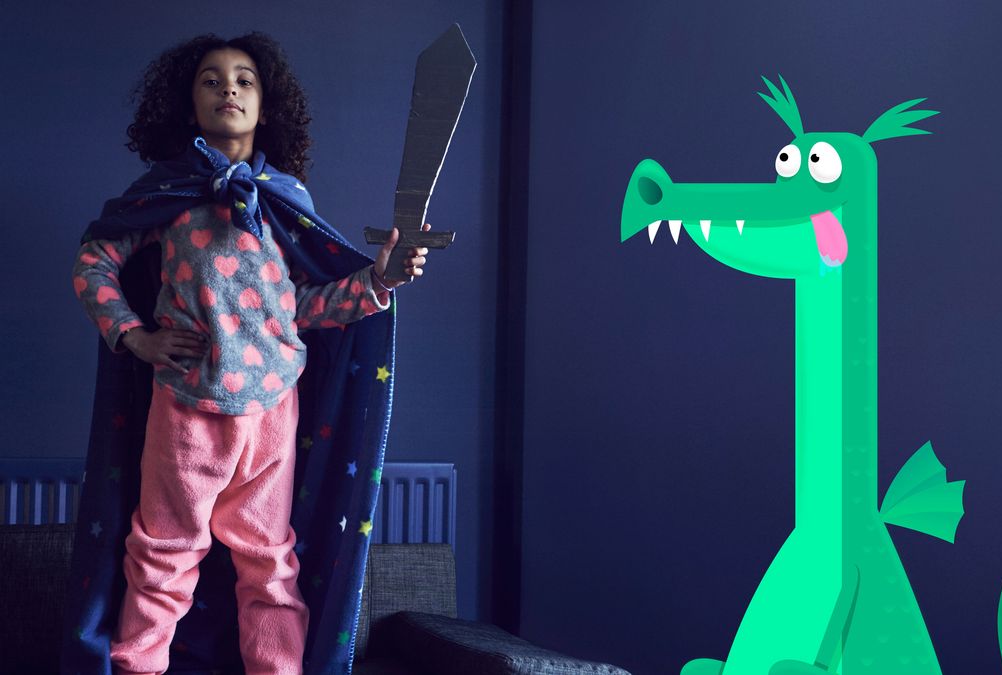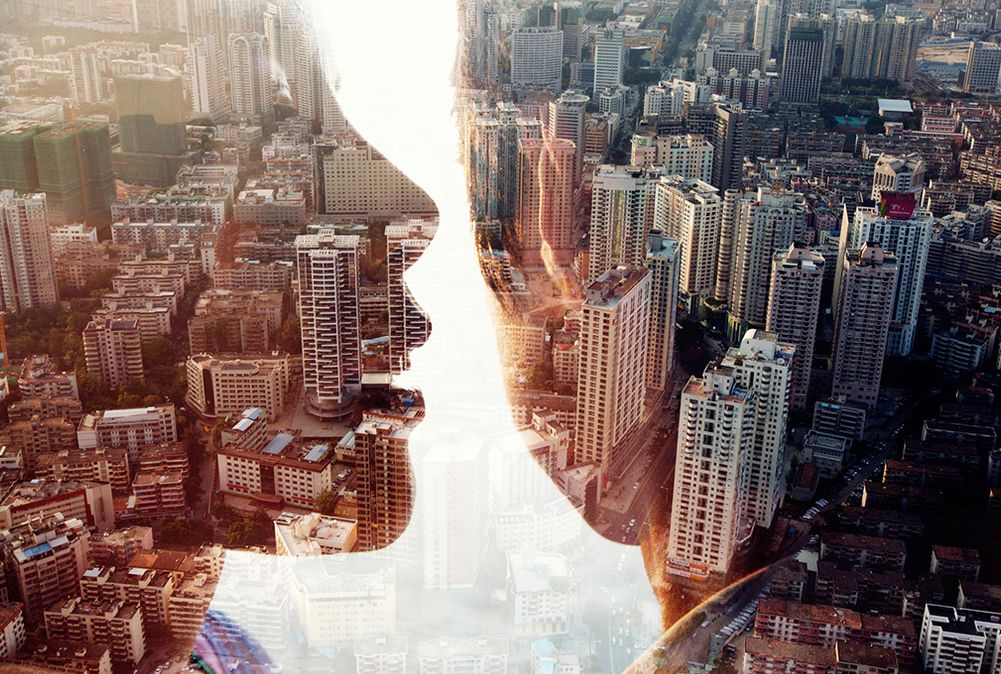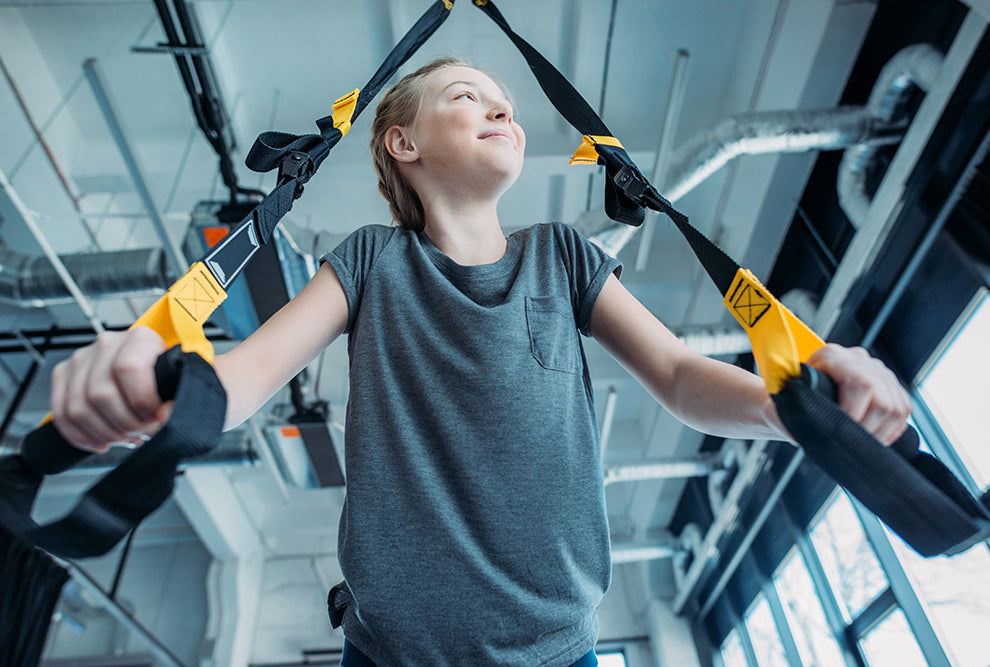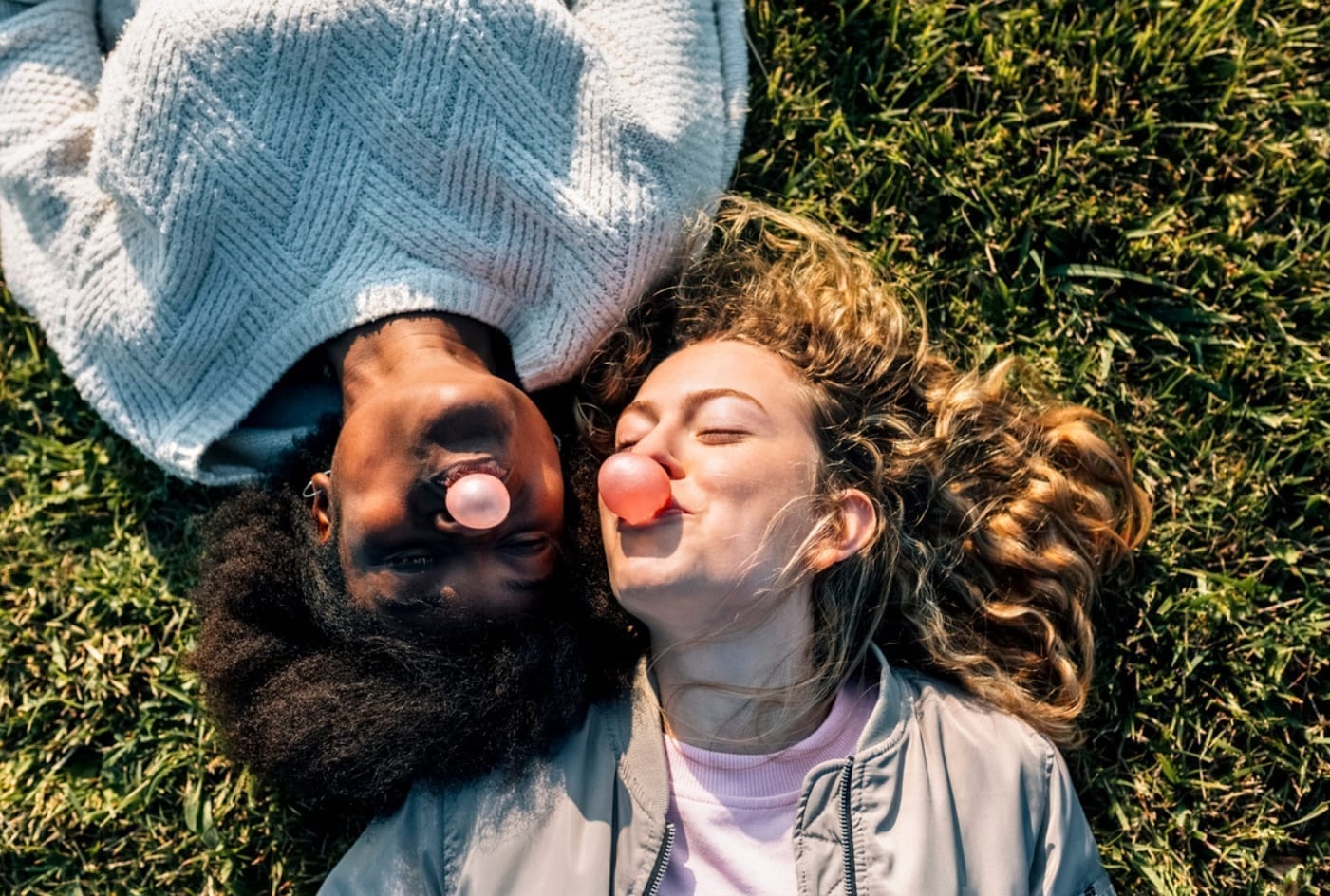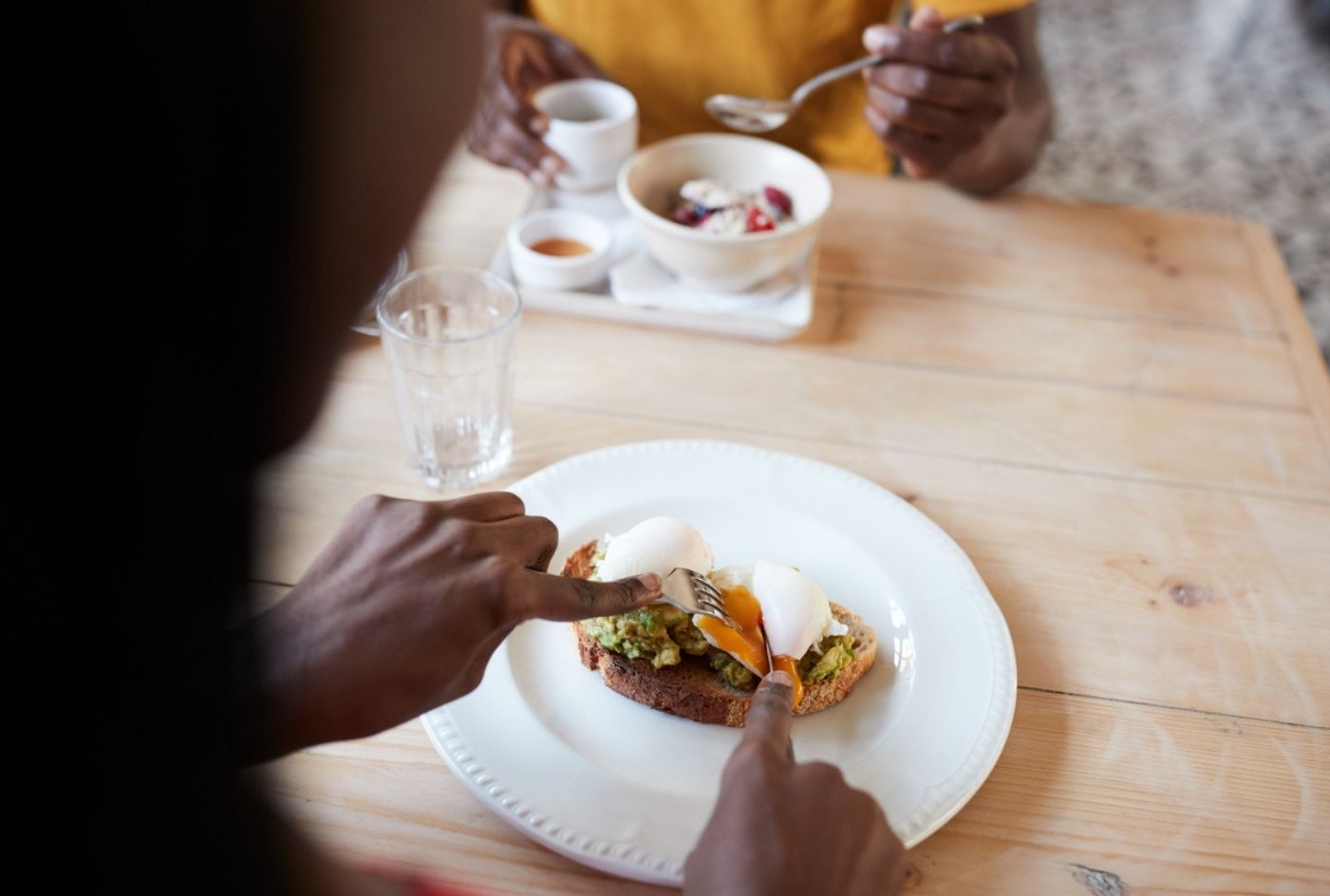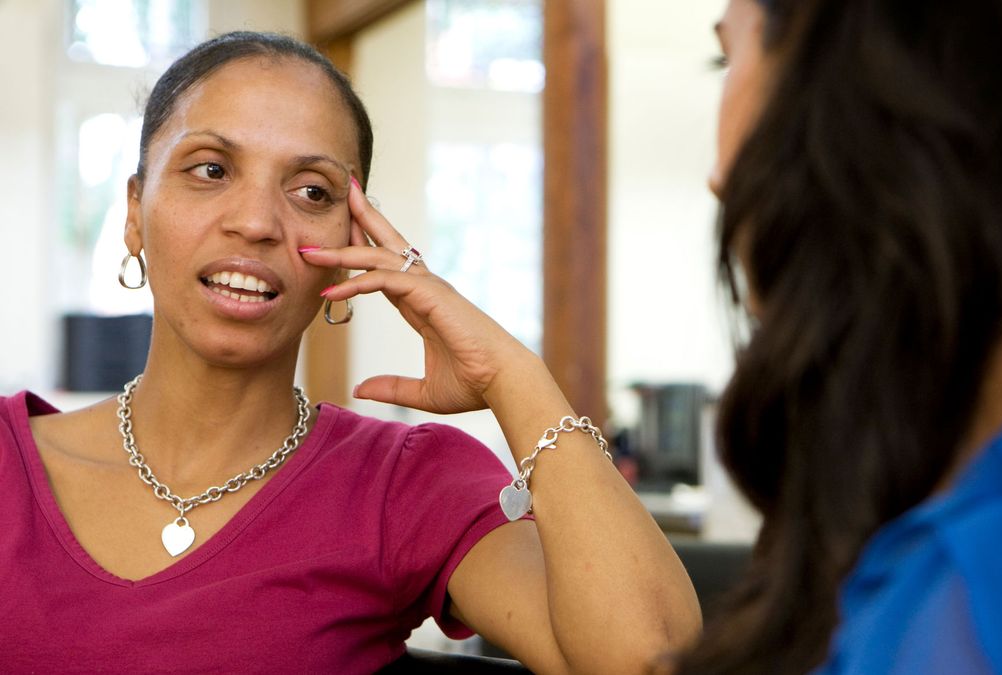
Psychological well being points carry a stigma seen throughout cultures and teams, however few (if any) bear the burden greater than the black group. Within the Stuff Mother By no means Informed You podcast episode "Psychological Well being in Black Communities," Emilie Aries and Bridget Todd (a proud, therapy-going black girl herself) deal with why this stigma exists, who it notably impacts and the far-reaching penalties of not getting assist.
For a lot of African-Individuals, searching for assist for psychological well being points is nearly unparalleled, regardless that they’re 20 % extra prone to expertise severe psychological misery than whites. A examine from the American Psychological Affiliation discovered that younger grownup African-Individuals, particularly these with increased ranges of training, are much less possible than their white counterparts to hunt psychological well being companies.
"Black of us and psychological well being have been type of a thorny matter as a result of it is so taboo," Bridget explains. "I grew up with this adage ‘black of us do not go to remedy, we go to church.’" This longstanding mindset might date again to slavery as a result of again then exhibiting weak point, corresponding to psychological sickness, meant you won’t survive. This tendency to "do all of it with a courageous face and by no means allow them to see you sweat" was frequent then and persists right this moment. "I can see how traditionally that may have been a power and a approach to cope, however now it is not doing us any favors," Bridget says.
And points surrounding slavery’s legacy might have an effect on the psychological well being of future generations. Emilie factors to analysis of Holocaust survivors and their offspring which confirmed that there’s potential for trauma to be internalized and imprinted onto DNA, and presumably handed on to future generations. This phenomenon is named epigenetic inheritance.
The standing of the psychological well being business as being for the "white and rich" may additionally deter folks of coloration from searching for assist as a result of they are not assured {that a} white therapist will perceive what they’re grappling with in life. "And that potential to empathize is so critically essential," Emilie explains. "I feel some therapists would possibly push again on that and say, ‘I do not must be my clientele to assist my clientele,’ however on the identical time, illustration issues, interval. So, having choices as a person and searching for out therapists who appear to be you, really feel such as you, can perceive and empathize with you from a cultural perspective, I am certain that may decrease the barrier for entry," she provides. (Simply 2 % of American Psychological Affiliation members are black.)
"Remedy modified my life," says Bridget, who notes that her personal therapist just isn’t black, though she has a level from Howard College, a traditionally black establishment. "Going to remedy and studying the best way to discuss my habits and my points and perceive them, that has been an amazing assist in my life," she says. "I do not know the place I would be with out it."
There’s been a gradual shift in progress, with many black artists and public figures — like Issa Rae, Jay-Z and Child Cudi — utilizing their positions to additional minority psychological well being consciousness. "We’re seeing raised consciousness round this. We aren’t seeing political motion round this, which is what there must be," Emilie says.
Nonetheless, even new insurance policies will not totally remedy the issue. "I do not act assume this is a matter that may be solved, ‘if you happen to’re a black girl go see a shrink,’ I feel it is a systemic cultural change round how we take into consideration, discuss and take care of the psychological well being of individuals of coloration," Bridget says.
To get extra data — or the identify of a therapist — go to Ourselvesblack.com or the Black Psychological Well being Alliance. To listen to this episode, obtain "Psychological Well being in Black Communities."
Now That is Unhappy
Black teenagers (8.3 %) usually tend to try suicide than white teenagers (6.2 %).



